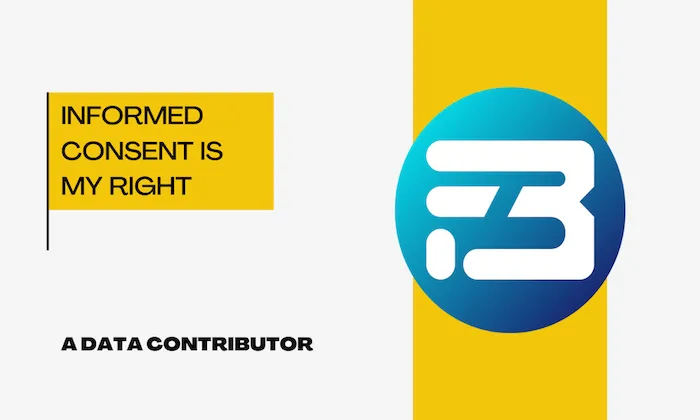What distinguishes medical conversational data from general conversational datasets?
Data Privacy
Healthcare
Conversational AI
Medical conversational data is a specialized dataset that captures the interactions between healthcare professionals and patients. Unlike general conversation datasets, which encompass broad, everyday dialogues, medical datasets focus on the intricate, context-rich exchanges that occur in clinical settings. This includes consultations, diagnoses, treatment discussions, and follow-up visits. The unique nature of these conversations, filled with specific terminologies and emotional nuances, is crucial for developing AI models that excel in healthcare applications.
Why This Metric Matters for Healthcare AI Training
The specialized nature of medical conversational data significantly impacts AI model performance in healthcare. These datasets must accurately reflect not only the words spoken but also the underlying context and emotional cues, which are vital for tasks like clinical summarization, intent detection, and empathy recognition. Misinterpretations in these areas can lead to serious consequences, emphasizing the need for AI systems trained on data that mirrors real-world patient communication.
Distinctive Features of Medical Conversational Data
Medical conversational datasets stand out due to their focus on clinical authenticity. This involves:
- Realistic Dialogue Flow: Conversations include natural elements like empathy cues, interruptions, and spontaneous speech patterns, essential for training conversational AI systems.
- Diverse Medical Specialties: Scenarios cover various fields such as pediatrics, cardiology, and psychiatry, ensuring comprehensive AI training across healthcare domains.
- Multilingual and Cultural Representation: The dataset accommodates multiple languages and dialects, reflecting the global nature of healthcare interactions.
Key Ethical Standards in Medical Data Collection
Ethical considerations are at the forefront of medical conversational data collection. Unlike general datasets, these must adhere to strict privacy regulations such as GDPR and HIPAA. By using simulated yet clinically accurate scenarios, medical datasets avoid capturing real patient identifiers, thereby maintaining ethical integrity while providing valuable training material. This approach ensures that AI models built on this data are both trustworthy and legally compliant.
Recording and Annotation Methodologies in Medical Conversational Data
Recording methodologies for medical data prioritize authenticity. Conversations are captured in realistic clinical environments, using diverse acoustic conditions to reflect true healthcare settings. Annotation processes are equally rigorous, involving healthcare professionals to ensure that medical terminologies, intent, and emotional contexts are accurately represented. This meticulous attention to detail supports the development of AI systems that can effectively interpret and respond to medical dialogues.
Common Pitfalls for AI Teams and How to Avoid Them
AI teams working with medical conversational data often face challenges distinct from those encountered with general datasets:
- Overlooking Contextual Nuances: It's crucial to recognize the importance of context and emotional intelligence in medical interactions. AI models must be able to grasp the subtleties of serious diagnoses or patient anxieties.
- Ensuring Dataset Diversity: Representing a wide array of languages, accents, and cultural expressions is essential to avoid biased models and ensure robust performance across different patient demographics.
Real-World Impacts & Use Cases
Medical conversational datasets have practical applications in areas like telemedicine, where AI can assist in providing real-time clinical support and patient engagement. In mental health, these datasets enable AI models to detect emotional cues and offer empathetic responses, enhancing patient care.
For AI engineers and product managers, leveraging medical conversational data is pivotal in creating AI solutions that align with the complex dynamics of healthcare. FutureBeeAI offers expertise in collecting and annotating such data, ensuring high-quality inputs for developing advanced healthcare AI systems.
FAQs
Q. What are some examples of AI applications using medical conversational data?
A. AI models trained on medical conversational data are used in telemedicine for real-time clinical decision support and in mental health applications to detect emotional cues and offer empathetic responses.
Q. How does FutureBeeAI ensure ethical data collection in medical datasets?
A. FutureBeeAI uses simulated conversations overseen by licensed professionals to maintain clinical accuracy without capturing real patient information, adhering to global privacy standards like GDPR and HIPAA.
What Else Do People Ask?
Related AI Articles
Browse Matching Datasets
Acquiring high-quality AI datasets has never been easier!!!
Get in touch with our AI data expert now!


-data-collection/thumbnails/card-thumbnail/top-resources-to-gather-speech-data-for-speech-recognition-model-building.webp)





